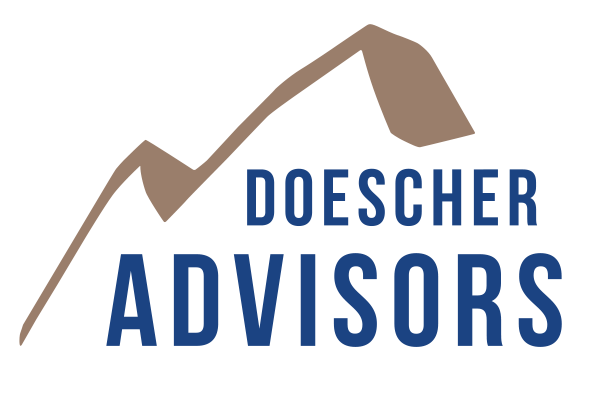Our Blog
Trust Your Gut

Over the past few years, I’ve worked with business owners who, when relating a situation in their business, would say something like, “I knew I should have done this or that.” I can relate. Based on my self-diagnosis, I would say that I’m not naturally intuitive. This conclusion is the result of working with a number of partners and clients who really are intuitive. To me, it seems like they have a sixth sense.
What I’ve discovered later in my business career is that although I may not be intuitive, I have experienced a lot — both good and bad — and I’ve tried to learn from these situations. As I reflected on the subject, I recalled a February 2001 Harvard Business Review article entitled “When to Trust Your Gut,” written by Alden M. Hayashi. The reason I remembered the article is that the author highlights a story about Bob Lutz, who at the time was a member of the Lee Iacocca Chrysler Dream Team, and who many consider to be one of the greatest auto executives of all time. I won’t spoil the article, but it details Lutz’s conceptualizing and then launching the very successful Dodge Viper with no market research, just his gut instinct, to support him. The article quotes Herbert Simon, of Carnegie Mellon, who came to the conclusion that experience enables people to “chunk” information so they can store and retrieve it easily.
In a November 16, 2017, article in Psychology Today, titled “When Should You Trust Your Gut? Here’s What the Science Says,” Al Pittampalli states, “In order to trust our intuition, we need to have had enough practice. Our intuitions are only as good as the database of patterns that we draw them from. So we need to have had sufficient experience noticing and revising patterns in order to have built up a database that is both robust and refined.”
In the HBR article, the author says, “Executives like Lutz and Eisner (former Disney CEO) will be the first to admit that their instincts are often plain wrong. Don’t fall in love with your decisions. They warn against overconfidence, and they suggest routinely soliciting the opinions of others when faced with tough choices.”
So, here is my advice to “seasoned leaders,” based on my own experience and my observations of some awesome leaders:
- Don’t ignore your gut, especially if it’s related to a subject you know really well.
- Make sure you aren’t emotionally too close to or attached to the subject.
- Seek the counsel of others.
- Listen carefully; try to understand their views and the bases of their opinions.
- Don’t ignore your gut!
p.s. If you’re just beginning your career, be careful — unless you’re Steve Jobs, Elon Musk, Thomas Edison, or Herb Kelleher of Southwest Airlines.
